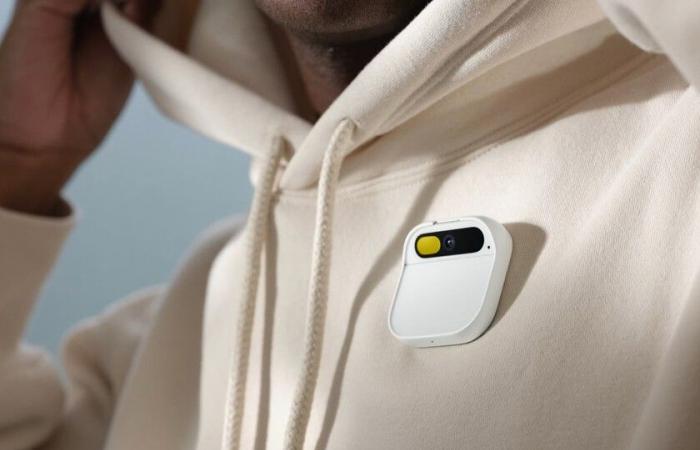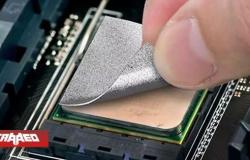
What has happened before, during and after the launch of the AI Pin is more like a manual of bad practices than the next train of AI
In a few months, Humane has gone from being an enigmatic promise of mobile AI to becoming a case study in everything that can go wrong in a product launch.
After the fiasco of its first device, the AI Pin, the company is looking for a quick exit. Specifically, a sale to HP for $1 billion. A move that does not leave its founders in a good place.
Because it is important. The AI Pin’s debut was disastrous. Its continuation, with the company warning that the charger is defective and could catch fire, was the cherry on top. It is not a failure of the product, but of quality control and business ethics.
Humane launched a half-baked product to make quick money thanks to the $700 of those who bet on it. The experience on the flap is as bad as one could expect, something that we already anticipated when we saw it at the MWC, and now it seeks to make its activity profitable with an express sale.
Humane’s failures.
- They launched the AI Pin hastily, unpolished, despite internal warnings. It arrived with battery, functionality and overheating problems.
- The quality control was not up to par, the risk of fire from their chargers is something unusual.
- Sales projections were unrealistic. It is one thing to be overly optimistic, another is to predict 100,000 sales and achieve 10,000, according to The New York Times. And without counting returns.
- The lack of ethics and transparency. They used the customers who bet on them ($700 through) as a product to inflate their value and look for a buyer.
The writer of these lines said in November 2023, before sales even began, that this company had every appearance of looking for a quick sale.
Between lines. Humane’s founders boasted that they were creating “the next iPhone.” They were also compared to Tesla. Their strategy has been the opposite: overpromise, disappoint and try to sell quickly and expensively in a rush forward.
The context. Humane has raised $230 million from top investors, including Sam Altman and Marc Benioff. The product has not lived up to expectations and now they are looking to sell it to HP.
The morale. The Humane case is a reminder, also for the press, of the dangers of getting carried away by the euphoria around technological startups that promise to revolutionize the world before even showing a real product.
And how the desire to quickly make an investment profitable can lead to neglecting what is essential: creating something that adds value to the client.
In summary. The AI Pin could have been an innovative device with a different proposition around AI, but the desire to raise funds and sell quickly led the company to launch a half-baked product, disappoint its users and destroy trust in its brand. More than “the next iPhone,” Humane is an example of how a technology company should never act.
In Xataka | We have a problem with AI-based hardware: almost all of them are glorified applications
Featured image | humane





